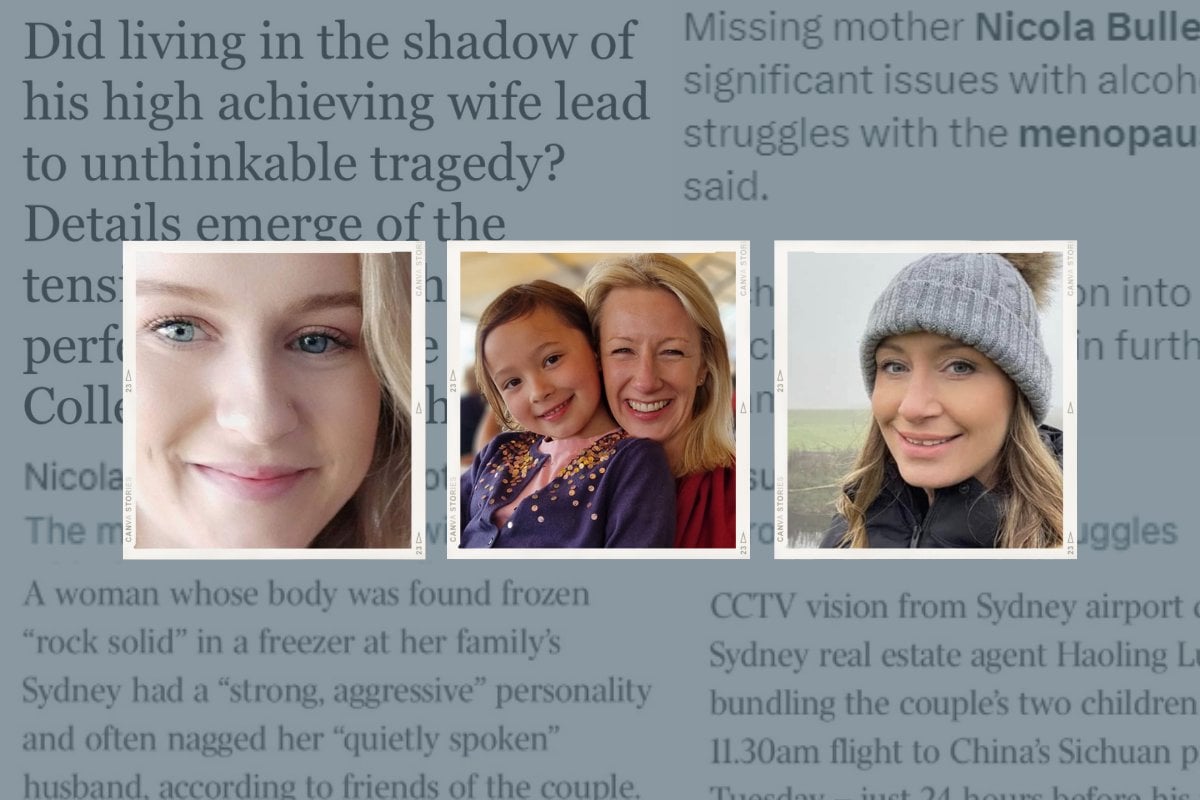
Content warning: This story includes descriptions of domestic violence that may be distressing to some readers.
Her name was Emma Pattison. She was a daughter, sister, mother, wife, friend, teacher and much more than any label could explain.
This month Emma, a head teacher at a prestigious college in England, was found dead at her home on the grounds of the school she worked at, along with her seven-year-old daughter Lettie.
Police believe they were murdered by George Pattison, who allegedly shot his wife and daughter before taking his own life. Just before her death, Emma had called her sister in distress. By the time a family member arrived to check in on Emma and Lettie, they were dead.
In the weeks following their deaths, the media attention is yet to dissipate. Countless articles dissecting every possible angle, some even speculating the motive of the alleged perpetrator.
But one publication decided to frame the alleged murder/suicide as owing to Emma's career success. Perhaps she was too ambitious. Too clever. Too "high-achieving" for her husband who was sick of "living in the shadow".
Victim blaming in full force - no woman invites her own murder.
— Fawcett Society (@fawcettsociety) February 13, 2023
Emma Pattison, and everyone who loved her, deserves better than this. pic.twitter.com/bcWNk3jjTG

Top Comments